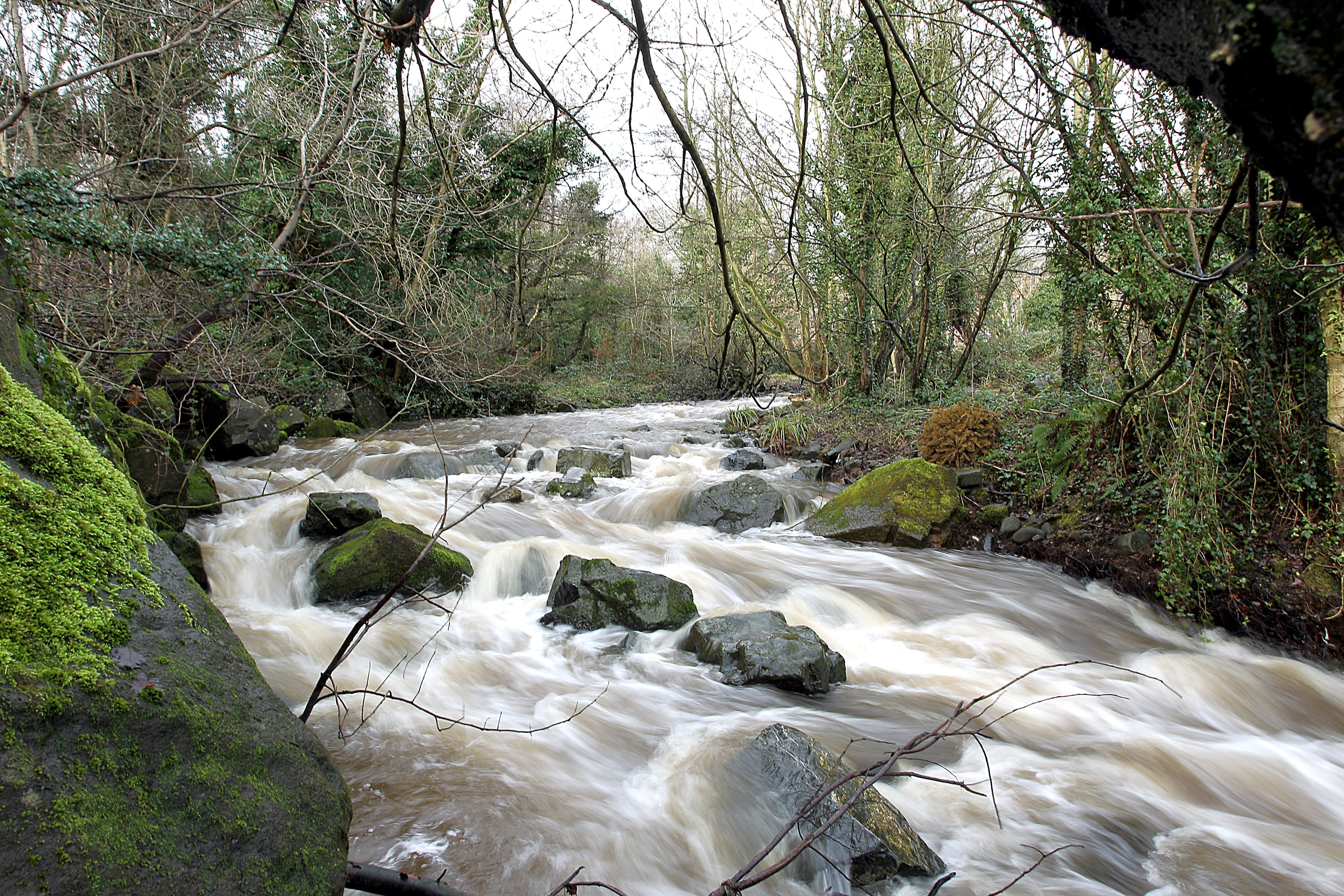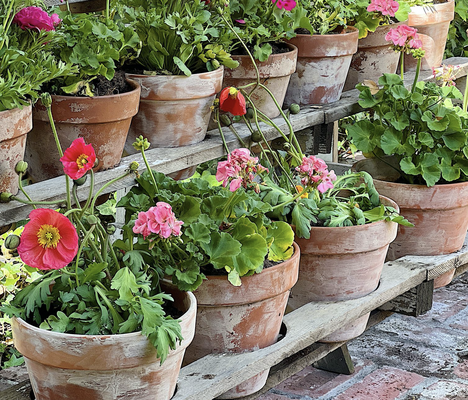I WAS first introduced to the Japanese practice of shinrin-yoku, often translated as 'forest bathing', during a walk with a friend up in Colin Glen.
The forest is known locally as “the green lung of the city” and it provided the perfect setting for my immersive experience. At first, I was unsure what to expect. The term forest bathing had conjured images of swimming in woodland streams, but I soon learned that it is less about physical exertion and more about opening the senses to the wonders around you.
My friend encouraged me to move slowly and mindfully, leaving behind the hurried pace of daily life. We began with simple breathing exercises, standing quietly among the trees. The sound of the river, the rustling of leaves in the breeze, and the faint calls of birds became more pronounced as I settled into the moment. I noticed details I might usually overlook: the intricate patterns on tree bark, the earthy scent rising from the forest floor, and the way shafts of light filtered through the canopy.
As we walked deeper into the glen, each step became less about reaching a destination and more about experiencing the present. Unlike a hike, there was no rush, no need to cover ground or track distance. Instead, we paused frequently, taking time to listen, to touch, and even to taste the freshness of the air. It was surprisingly grounding. The forest seemed to meet me where I was, offering both calm and clarity.
One exercise involved choosing a spot to sit quietly for ten minutes, simply observing. At first my mind wandered, filled with the usual concerns of work and everyday life. Yet, as I focused on the gentle rhythm of nature, those thoughts gradually faded. The steady presence of the forest, its quiet strength and resilience, reminded me of the importance of slowing down. It was a chance to step outside the constant demands of technology and reconnect with something more elemental.
The benefits of shinrin-yoku are well documented in Japan, where the practice has been studied for decades. Time spent in forests has been shown to lower blood pressure, reduce stress hormones and boost the immune system. On a psychological level, it can ease anxiety, lift mood and improve concentration. I felt all of these in a small but noticeable way during my walk in Colin Glen. By the end, I experienced a sense of lightness, as if a weight had been quietly lifted.
What struck me most was how accessible this practice is. Shinrin-yoku requires no special equipment or prior experience, only the willingness to slow down and be present. In our busy modern lives, it can feel almost radical to give ourselves permission to do nothing but walk and breathe among trees. Yet it is precisely in this simplicity that its power lies.
Reflecting afterwards, I realised that the forest had given me more than just a pleasant walk. It had offered perspective. In the stillness of Colin Glen, surrounded by centuries-old trees, my worries seemed smaller and more manageable. I left with a renewed appreciation of nature’s quiet ability to restore balance, and with the intention of returning regularly to practise shinrin-yoku again.







